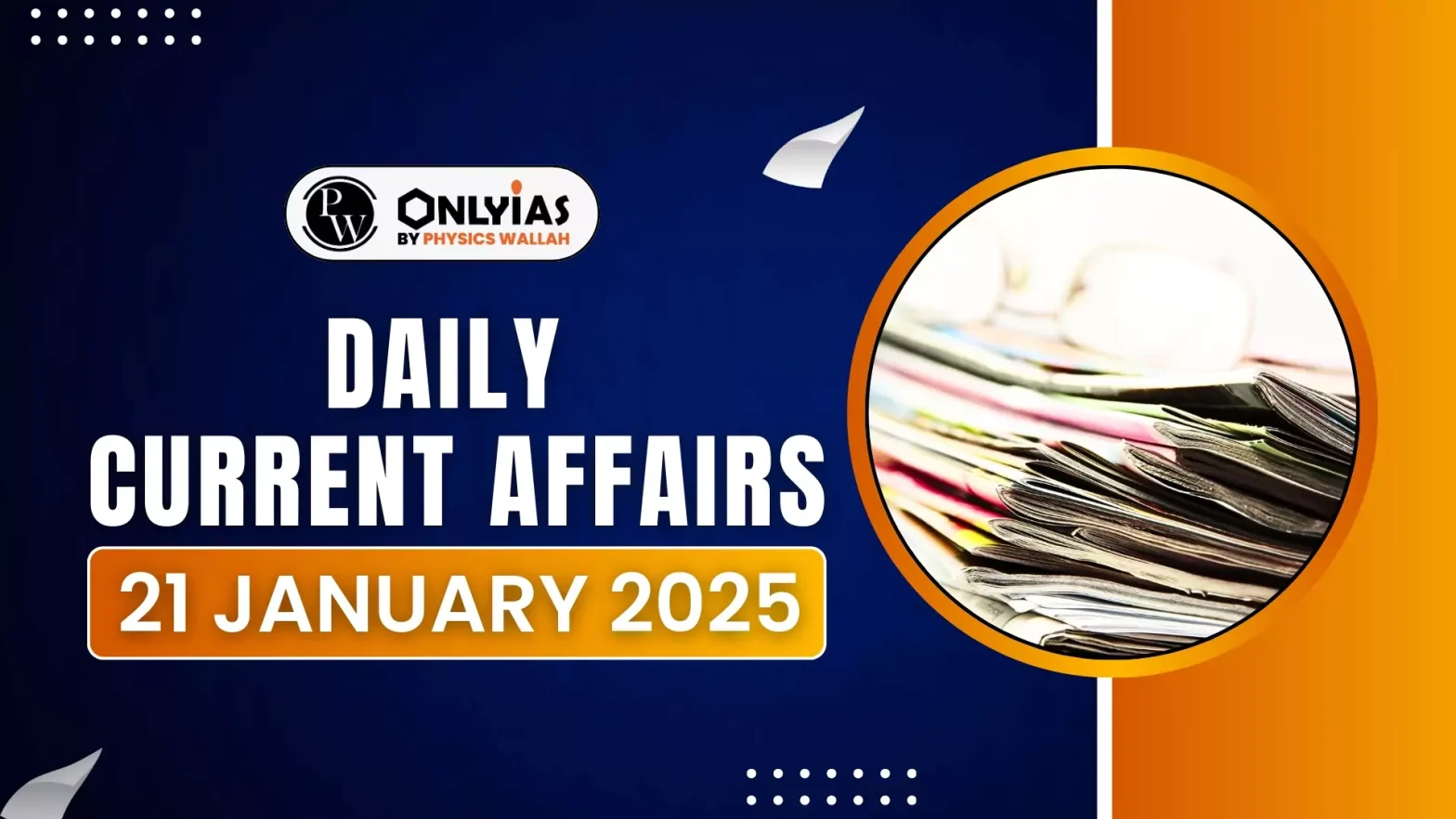President Joe Biden used his presidential pardon powers to pardon his siblings and their spouses, sparking debates on abuse of authority and ethical governance in the U.S.
- This act has raised concerns about the objectivity and fairness of the clemency system, especially when used for personal benefit.
- The pardon coincided with similar controversies involving his son, Hunter Biden, related to tax evasion charges.
- The issue brings to light the extent and misuse of presidential powers in democracies.
- It highlights the need for accountability mechanisms to ensure that constitutional privileges are exercised responsibly in presidential democracies.
- Critics argue that the timing and beneficiaries of the pardons indicate favoritism and conflict of interest.
Enroll now for UPSC Online Course
Challenges Due to Abuse of Power by Pardoning
- Undermines Rule of Law: Pardoning relatives or close associates dilutes the legal system’s credibility and raises questions about judicial impartiality.
- Similar controversies have occurred in the U.S., such as Trump’s pardons for his associates during his tenure.
- Public Trust Erosion: Such actions reduce public faith in democratic institutions and executive integrity.
- Conflict of Interest: Pardoning family members indicates a clear misuse of power for personal gains, setting a negative precedent.
- Judicial Accountability Gap: Unlike courts, executive pardons lack oversight, leading to potential abuse without recourse.
- Presidential pardons are meant to redress judicial errors, but misuse raises doubts about justice and equity.
- Political Polarization: This practice exacerbates partisan divides, as opponents use it to discredit the ruling party.
Ethical Aspect of Abuse of Office for Personal Gains
- Violation of Oath: Elected officials pledge to serve the public interest, and using power for personal benefit breaches this trust.
- Accountability Gap: No established legal or ethical framework can prevent such conflicts of interest in pardoning.
- International Image: Abuse of pardoning powers tarnishes the global perception of democratic values and governance standards.
- Moral Hazard: Such actions create a precedent for future leaders to misuse power, undermining ethical governance.
- Contradiction with Democratic Ideals: Democracies thrive on accountability; misuse of clemency powers runs contrary to this principle.
Definitions of Ethical Terms used
- Conflict of Interest:
- A situation where an individual’s personal interests could interfere with their ability to make unbiased professional decisions.
- Ethical Dilemma:
- A scenario where a person must choose between two conflicting moral principles, with no clear right or wrong solution.
- Violation of Oath:
- Breach of promises or commitments made under an oath, often undermining trust in public office or personal integrity.
- Public Trust Erosion:
- A decline in the confidence of citizens in institutions or officials due to perceived misconduct, corruption, or incompetence.
- Moral Hazard:
- A situation where individuals take risky actions because they do not bear the full consequences of their behavior, often due to protection or insurance.
- Objectivity:
- The practice of making decisions or judgments based on facts, evidence, and fairness, without allowing personal biases or emotions to interfere.
|
Check Out UPSC CSE Books From PW Store
Comparison of Powers of President in USA vs India
- USA:
- Presidential pardons are absolute and cannot be overturned by any institution.
- Covers federal crimes only; state governors handle state-level clemency.
- Lacks judicial or legislative oversight.
- India:
- The President of India exercises pardoning powers under Article 72, but only upon Cabinet advice.
- Applies to cases involving death penalties, military court sentences, and offenses under Union law.
- Subject to judicial review to ensure fairness.
- India has a more balanced system, limiting scope for misuse compared to the U.S.
Types of Pardons in India
- Pardon: Complete forgiveness, removing both conviction and punishment.
- Commutation: Reducing the severity of punishment (e.g., death penalty to life imprisonment).
- Remission: Reducing the duration of a sentence without changing its nature.
- Respite: Granting reduced punishment due to special circumstances like pregnancy or disability.
- Reprieve: Temporary suspension of a sentence, especially a death penalty.
|
Global Best Practices
- UK: Clemency is granted by the Crown, but requires thorough review by advisory boards to ensure fairness.
- Canada: Pardons are reviewed by the Parole Board, with stringent checks to avoid misuse.
- Germany: Pardons are given on a case-by-case basis, emphasizing transparency and public justification.
- South Africa: Pardons require extensive consultation with legal experts and victim groups.
- Australia: Governor-General grants pardons only after a recommendation from the judiciary.
Way Forward
- Judicial Oversight: Introduce legal frameworks to allow judicial review of pardons to prevent abuse.
- Ethical Committees: Establish independent advisory bodies to evaluate pardon requests impartially.
- Transparency Mechanisms: Mandate public disclosure of pardon justifications to enhance accountability.
- Awareness Campaigns: Educate leaders on the ethical dimensions of their powers to prevent misuse.
- Codifying Guidelines: Frame clear statutory rules to limit pardoning to deserving cases, ensuring justice and equity.
Enroll now for UPSC Online Classes
Conclusion
The misuse of presidential pardoning powers, as seen in Biden’s case, highlights the need for robust accountability mechanisms in democracies. While the USA’s clemency system lacks sufficient checks, countries like India offer lessons in balancing executive power with legal oversight. By promoting transparency, ethical governance, and global best practices, nations can ensure that clemency powers serve justice rather than personal agendas.
![]() 21 Jan 2025
21 Jan 2025
